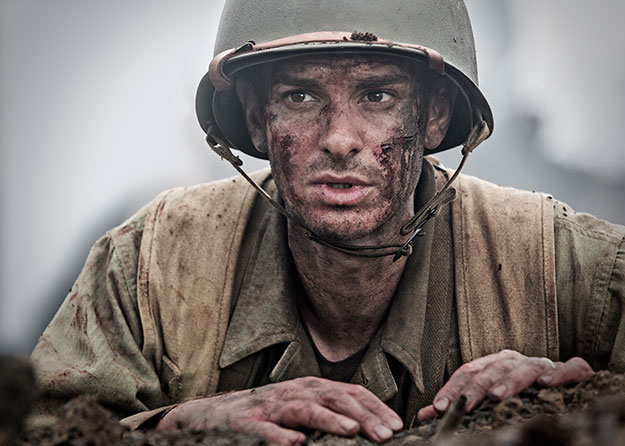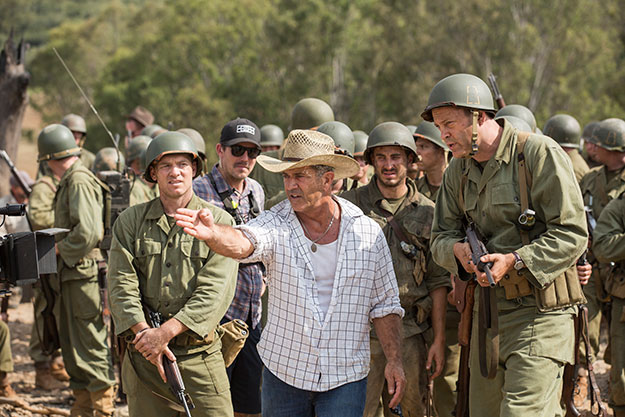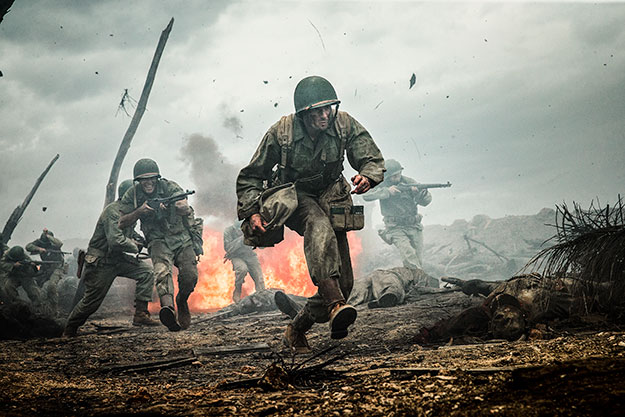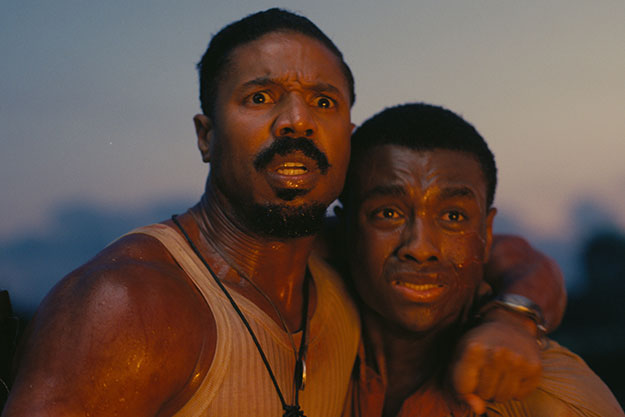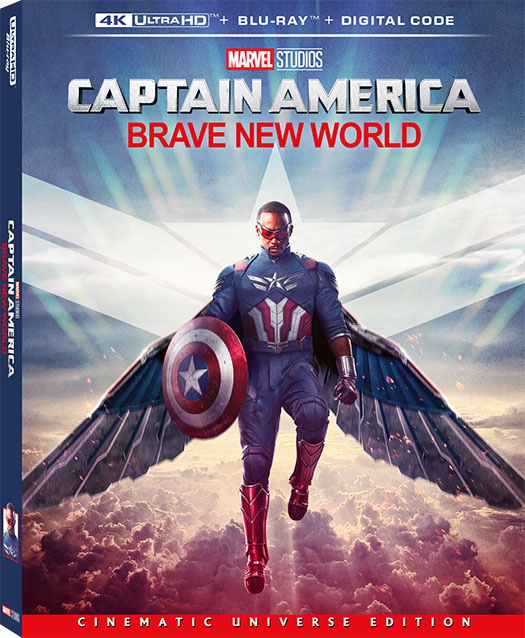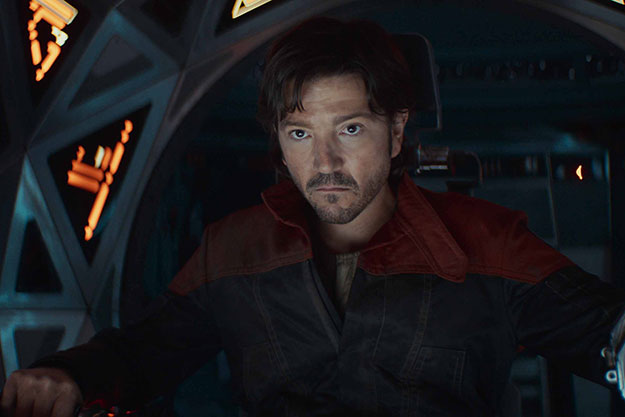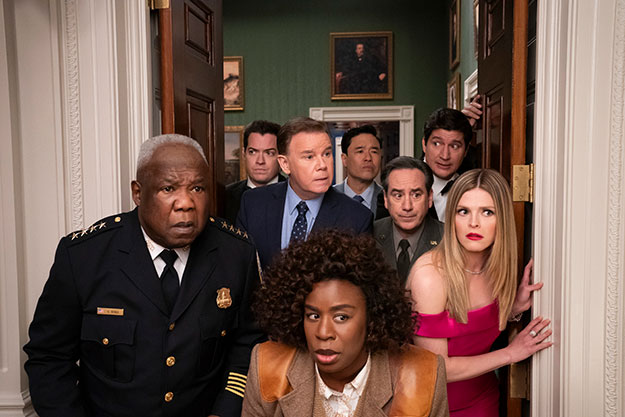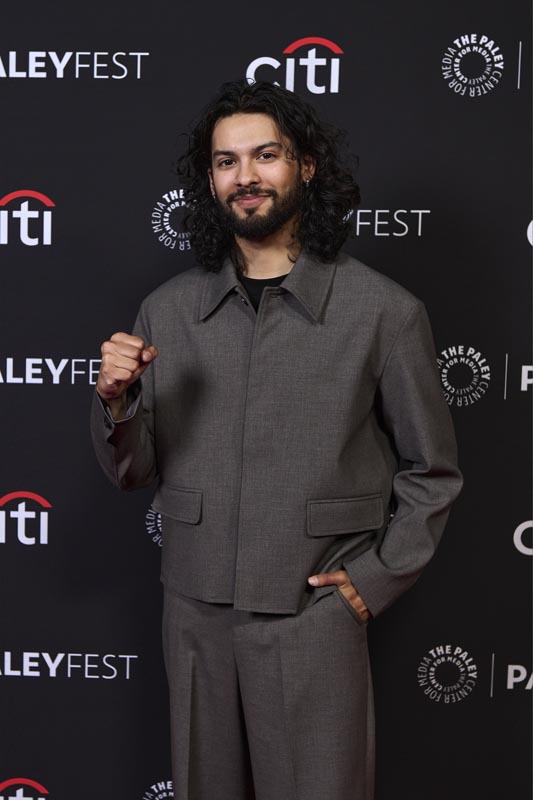Mel Gibson Returns to Faith and Violence in War Movie ‘Hacksaw Ridge’
You can say what you want about Mel Gibson's infamous personal life, and his appetite for being offensive and vile but his movie-making skills are unquestionable.
The raw emotions that plague his often times neurotic persona are clearly exposed and transplanted in his films, as an actor and as a director, but moreover seen at the press conference of his new film Hacksaw Ridge when he's affected and reactive on a word-by-word way of what is being said by his colleagues about his film. It's an interesting sight nonetheless and even makes you have an appreciation in an uncomfortable inadmissible way of his uncontrollable unprocessed feelings.
Hacksaw Ridge might inadvertently redeem Gibson in the Hollywood sphere, bringing much of his crudeness and tough-to-swallow but very successful "Passion of the Christ" style of violence and gore but in an awe-inspiring true-story of intense religious conviction and courage, that contradicts the fundamentals of war. In an incredible juxtaposition, a man named Desmond Doss, (Andrew Garfield) a Seventh Day Adventist, decides to enlist to go to war to the Battle of Okinawa near the end of WWII, not to kill but to save lives as a medic, even if it means caring for the enemy or risking his own life. In the film Desmond Doss proclaimed to his father (Hugo Weaving) "while everyone is taking life, I'm gonna be saving it." Doss, as an SDA is a pacifist and took a vowed to never touch a weapon, strictly following the "Thou shalt not kill" commandment, even in the face of death he stood by his conviction making him the first 'Conscientious Objector' to receive a Medal of Honor.
I appreciated that the film didn't go straight to war scenes, but let you get to know the characters well before throwing them in the trenches but once there, you never lose sight of any of them. You are always connected, you always know where everyone is and what they are going through, you see every bullet, every tear, you are let inside this battlefield.
Desmond Doss, single-handedly saved 75 man, going until dawn scrambling around trying to find wounded soldiers to save, bringing them down one-by-one through the ridge in a deeply-moving portrayal of the human spirit. Mel Gibson along with the writers (Andrew Knight and Robert Schenkkan) and the cast (Andrew Garfield, Teresa Palmer, Vince Vaughn and Hugo Weaving) spoke about the film last week in Los Angeles at a press conference.
Question: The preview trailers for the film make it look like it's all violence, all the time, even though the first half is more of a character study. But you've certainly made intense, brutal films before. What are your thoughts about violence in cinema?
Mel Gibson: Well, I wanted to be realistic in a war situation, and Okinawa was the greatest loss of life in the South Pacific. The Japanese even described a steel rain of bullets and explosions, and napalm was used, so I wanted to make it real. I think it also highlights what it means for a man with conviction and faith to go into a circumstance that is hellish, hell on Earth, a situation that reduces most men to the level of animals. And in the midst of that maelstrom, this man is able to hone his spirituality and achieve something higher, something above war, above religion, above everything. It's like he goes in and he performs acts of love in the midst of hell, which is the beauty of the story. It's the pinnacle of heroism.
Q: Do you feel that the Battle of Stirling sequence in "Braveheart" prepared you to do this film in any way?
MG: No. Sometimes we do get into the hand-to-hand stuff, but medieval conflict is different. You're kind of hitting each other with blunt objects, close up. This film has bombs and bullets, and it's a different thing. The degree of difficulty goes way up. And I had about 25 percent less than the budget of "Braveheart" and half the time. This is an independent film, but it looks pretty good for what we made it for. It was probably about $40 million, but it looks like $100 million to me.
Q: You've gotten some incredible performances out of your cast, but why aren't you in the film?
MG: Actually, I am in it; my shadow is in it and my arm is in it. True story: I said to Hugo Weaving (who plays Desmond Doss' father), come and do this film, and he did. But the scheduling was such that he couldn't do a scene that took place in a courtroom. So I did it, it was my hand and shadow, and we green screened him in later.
Q: Did this account of Desmond's heroism ring true to you as a story for today's audiences?
MG: Real superheroes don't wear spandex tights. What Desmond shows and what I find most inspiring is that he managed to transcend and get above the war. We've always had it, we always will have it, but he's gone way above it, right in the midst of it, and shown us another way to love. The world's in a pretty bad way right now. It's been this bad before, and it's gonna get that bad again. We seem to learn a lesson, it stings like a bitch, we behave for 20 or 30 years, and then we're back at it again. History regurgitates itself. This is hopefully a little reminder about that, a look at the brutality and the viciousness of it. I want you to feel appalled by it, but I want to accentuate the other side of it, too. That in the midst of it, some good can be extracted.
Hacksaw Ridge in theaters November 4, 2016.






